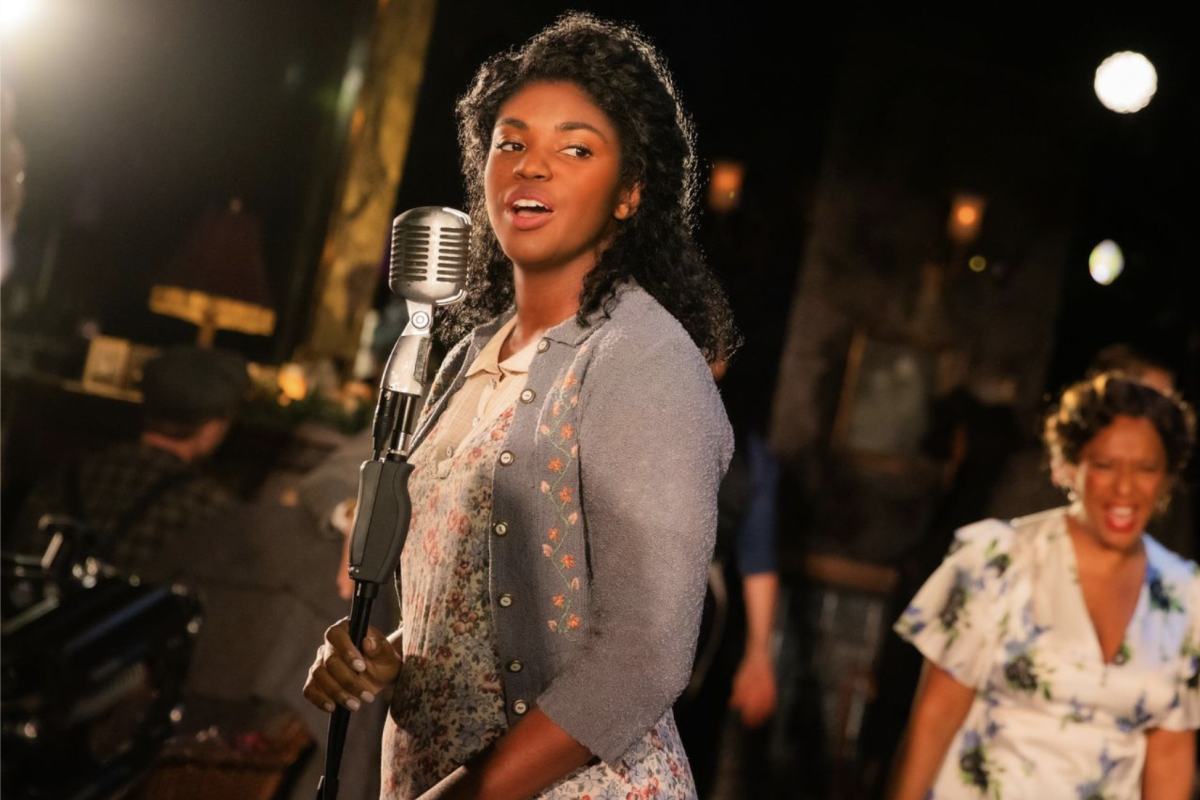By Juan A. Ramirez, A&E columnist
And now for one last think piece on “Moonlight.”
Despite my ability to run my mouth on any topic that flashes through my mind, I’ve remained at a loss for words when describing the sapphire-tinted masterpiece that was crowned Best Picture at the 2017 Academy Awards. Instead of coherent analysis or thought-out dissemination, whenever people ask for my opinion – or exhibit a probably-nonexistent social cue which I misinterpret and leap toward – I mostly mutter something along the lines of “Mahershala deserved his Oscar and I really just think you should see it,” before staring off into the distance.
“Moonlight,” with its sensuous humidity, chopped-and-screwed score and melancholy pace, has haunted and halted me from figuring out just what it is that makes it a movie for the ages. Perhaps that’s the point.
At some point, around the time the story leaps years ahead from when we are first introduced to Chiron as a young boy, we are made to readjust our way of seeing the movie. We realize it’s not going to be a plot point to plot point narrative and look to the film’s sumptuous details and rich visuals to construct some meaning out of what we are shown.
It’s then that “Moonlight” becomes something to experience rather than passively observe or rush to conclusions about; we inhabit this sublime state of both first person subjectivity and omnipresent detachment. It creates images that are hard to shake off and invites as open a reading as one is willing to provide. It’s this sweeping, simmering style of storytelling that has allowed the film to avoid the labels to which it could have easily been chained.
To say that “Moonlight” is an LGBTQA+ or black film, or even to say it’s about masculinity and poverty and living on the fringe of society is largely incorrect. I find it hard to believe anyone could walk away from the film and reductively categorize it as such. To do this is to purposely water down the film, forcing a new viewer to approach it looking for a specific angle and being disappointed when they struggle to find it on such simplistic terms.
What the film proves better than others is that, for better or worse, it takes a village to raise a child. It’s a case for both nature and nurture in piecing together the complexities of someone’s life. What we are afforded by the film’s drawn-out nature is not so much the gift of truly knowing someone, but being with them long enough to understand – something that, once the credits roll, becomes unshakeable and can only deepen with time.
I did not know what to make of the film at first, but knew I’d need time to take it in. It’s been over three months and I hope I never stop dwelling on it – that it takes me a lifetime to take in, just like it should take a lifetime to be empathetic and open rather than convenient two-hour bursts. “Moonlight” is a film that lingers on subtleties, holding shots past their natural end and allowing us to fill in those long gaps of silence with meditation.
It’s these moments that stay with us – just as bones grow and muscles strengthen while resting – when not much is being said but so much is being felt. The film never forces conclusions, but it leads us so convincingly to water that we are more than happy to drink, if not bathe in, and let it engulf us as consummately as moonlight on wet skin.



















